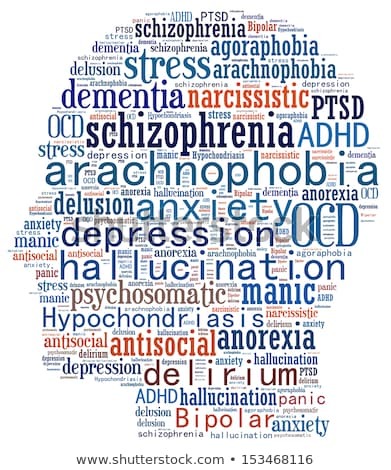Mental Disorder Treatments

The first step in getting the proper mental disorder treatment is to determine the underlying condition. While some medical professionals use a comprehensive physical exam to rule out underlying physical issues, many prefer a more holistic approach. In some cases, doctors will perform a series of laboratory tests or administer a questionnaire to determine a patient’s mental health. While a doctor can give a diagnosis on the spot, this process may take several appointments.
Depending on the underlying cause of the condition, psychotherapy will be used to treat the underlying problem. Interpersonal therapy is an excellent short-term treatment that focuses on helping people learn healthy ways to communicate with others and improve relationships. Intensive treatment may be required if the person has a serious mental disorder or is prone to risky behavior. The goal of the treatment is to help patients recover from their condition as well as restore their ability to function in society.
The treatment for a mental disorder will differ, but the underlying cause should be considered when deciding on the best treatment. Anxiety disorders, for instance, involve excessive worry and anticipating future danger. Individuals with anxiety disorders may also try to avoid situations that cause them stress. Obsessive-compulsive disorders are associated with repetitive thoughts and behaviors and include hair-pulling, hoarding, and similar problems.
In many cases, people with a mental disorder may try a combination of medications and counseling to manage their symptoms. Some of these medicines, known as antidepressants or mood stabilizers, may help reduce symptoms. Other forms of therapy may be combined with medications for severe cases or risky behaviors. Regardless of the type of treatment, a patient may benefit from attending a support group. These groups provide resources, friendship, and tips on how to cope with a condition. They can also be a great source of emotional and social support for those who have become isolated.

Some types of mental disorders can affect a person’s ability to function in everyday life. These individuals may experience hallucinations, delusions, or feelings of worthlessness. They may feel unimportant or ungrounded, and may even resort to self-harming behavior to relieve the symptoms. A support group can provide these people with social support and advice. In addition to supporting the sufferer, a support group can offer friendships and resources. It can help address feelings of isolation and depression.
There are several types of treatment for mental disorders. Depending on the underlying condition, these medications may be used to relieve symptoms and manage the condition. Some people with a mental disorder may need psychotherapy or social support. They may also seek therapy from a mental health professional. In many cases, they will participate in group discussions and activities with other patients. This therapy will help them understand and cope with their condition. If the psychiatrist has recommended a medicine, he will use the best medicines.
Typically, treatment for a mental disorder includes talk therapy and medication. If the condition was caused by stress or trauma, certain medications can be used to restore normal brain chemistry. Some medications may also help relieve symptoms. A medical website https://cth.co.th/ may recommend psychotherapy for patients with severe mental illness, which is the best option for many people. There are other forms of therapy, including marriage and family therapy. It is very important to choose the appropriate treatment for each individual person.
Depending on the type of mental disorder, there are several types of treatment. For example, depressive disorders affect a person’s emotional state and can impair their ability to work. Other types of mental disorders affect a person’s thinking. For people with anxiety or panic disorder, symptoms are often so severe that they are unable to function in daily life. They may engage in dangerous behavior such as hoarding or even abuse alcohol and drugs.
Behavioral and emotional disorders such as addiction and panic attacks are often treated with psychotherapy. Other treatments may focus on self-care and social support. Sometimes psychotherapy may also include medication or group therapy. Some of the most common forms of therapy are cognitive behavioral therapy and dialectical behavior therapy. Although these treatments may be useful for treating specific symptoms, some mental disorders may require more intensive treatment, such as in psychiatric hospitals. Typically, these services are only available for the most severe cases of illness and those requiring psychiatric hospitalization.
